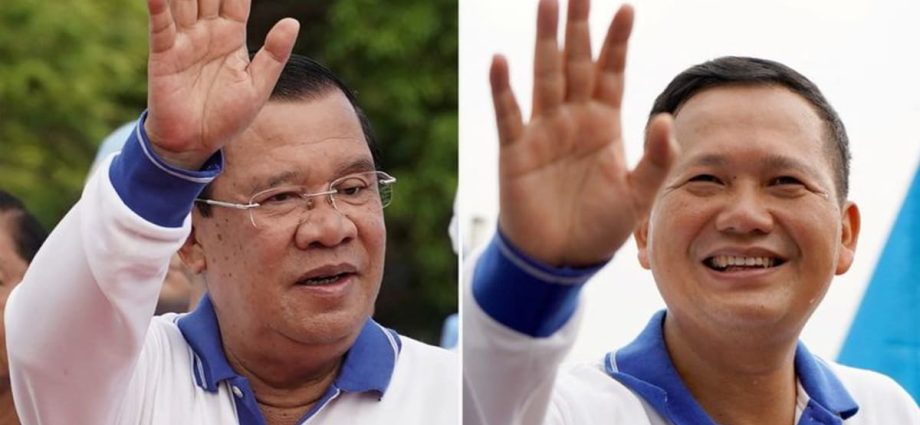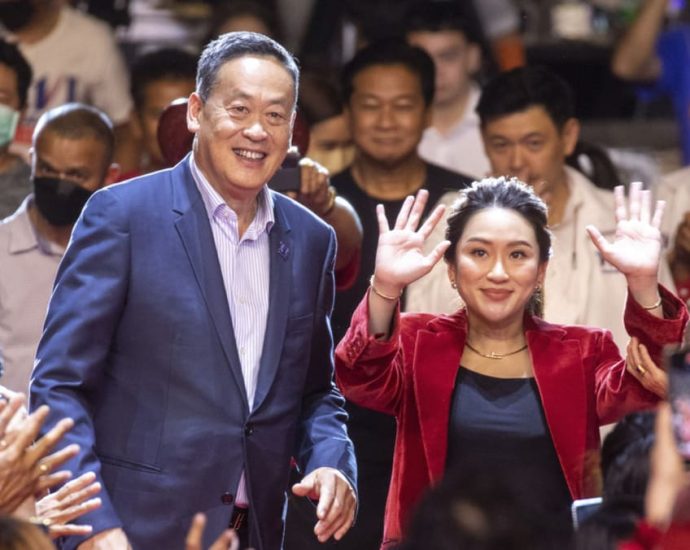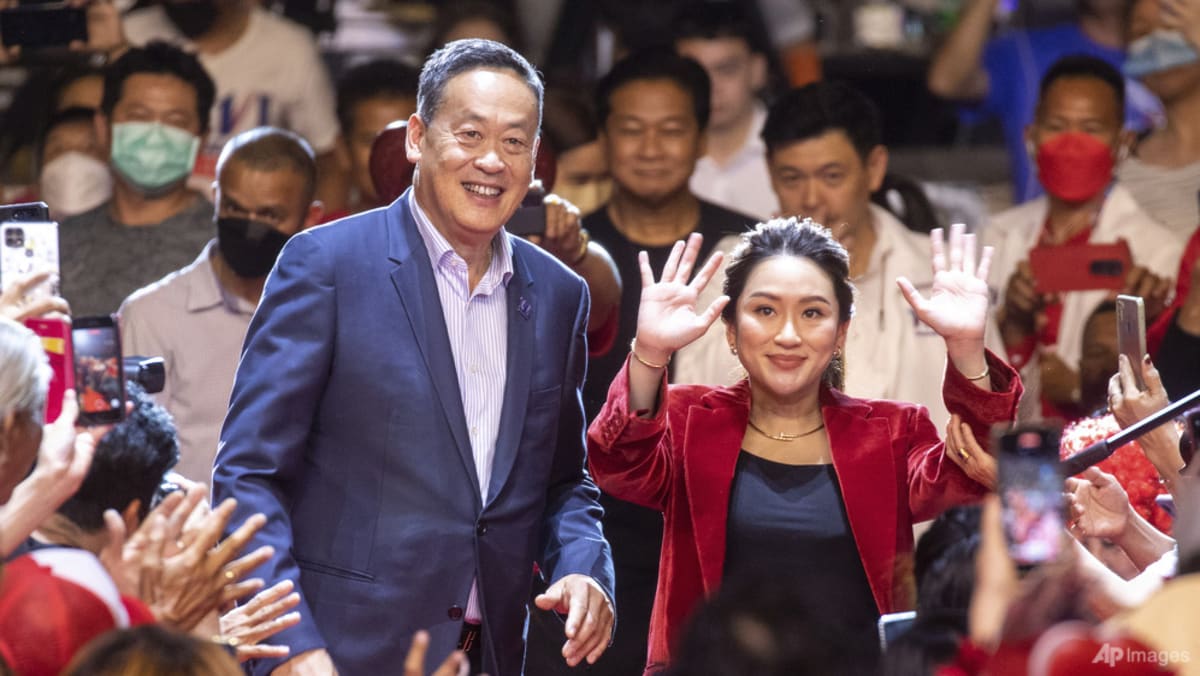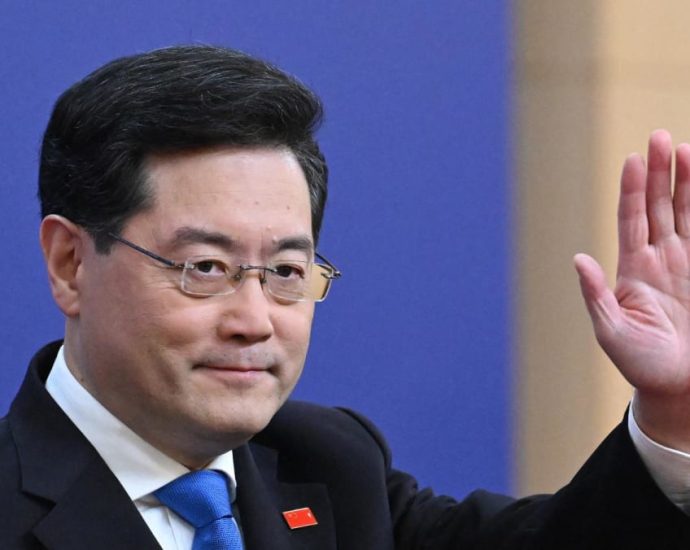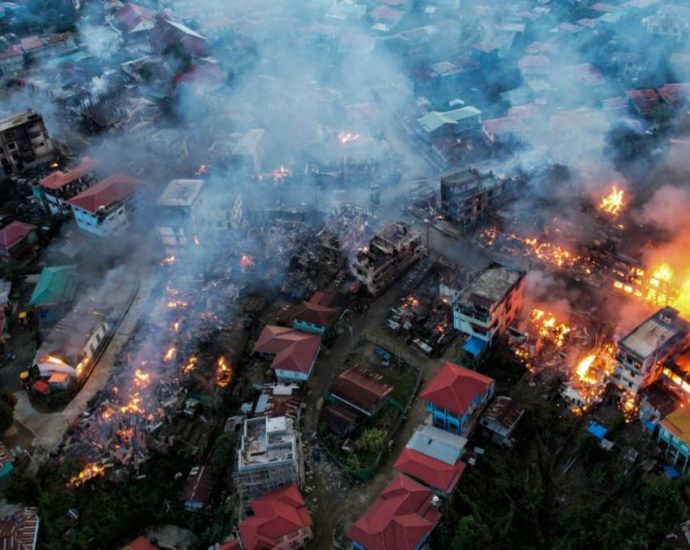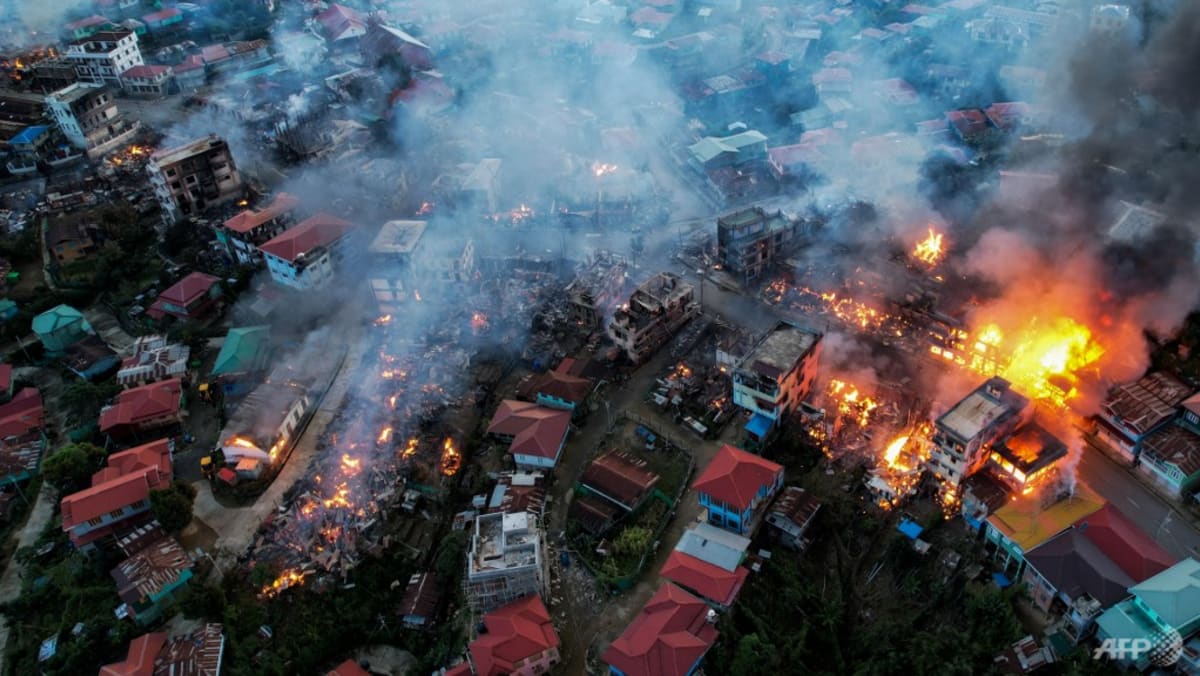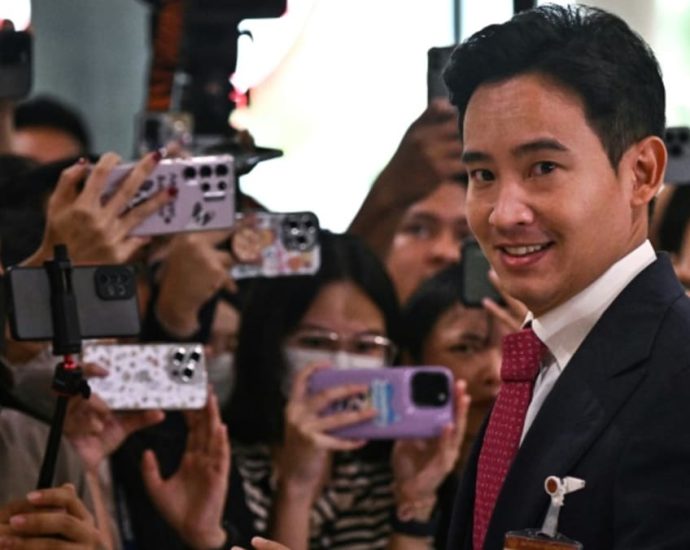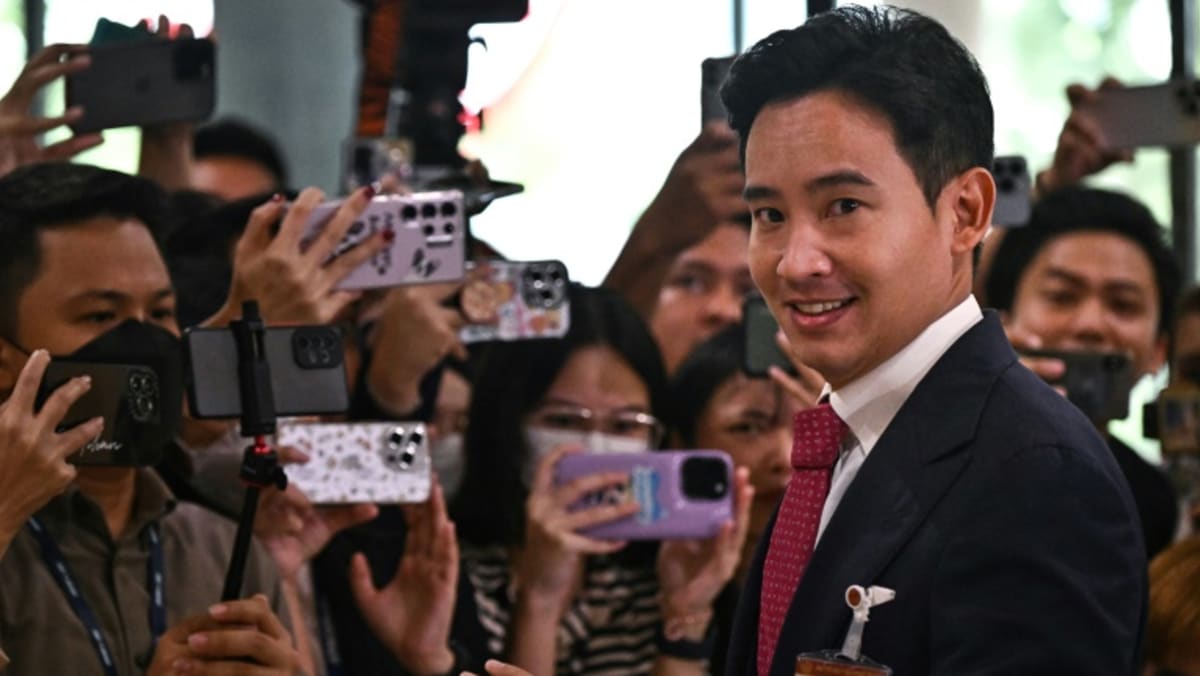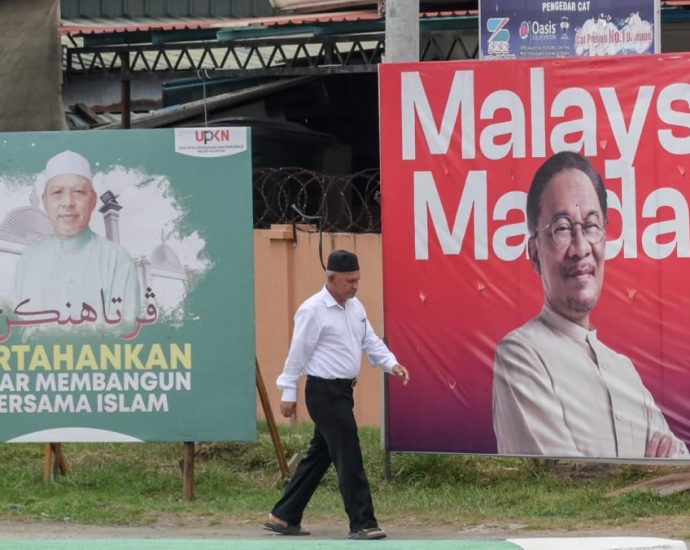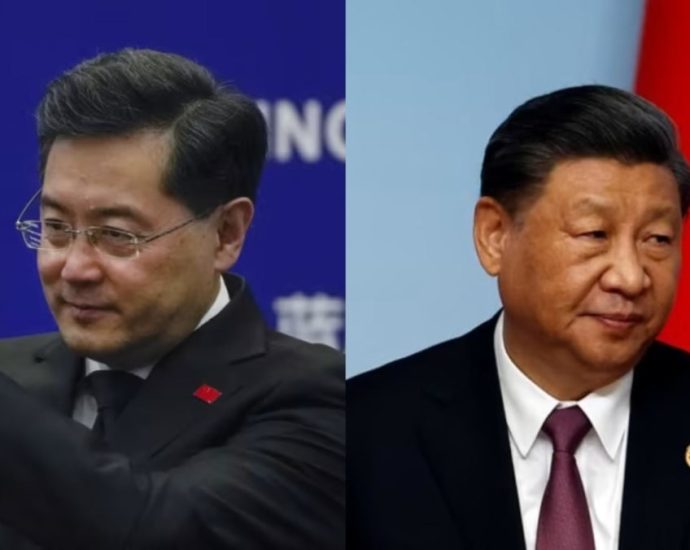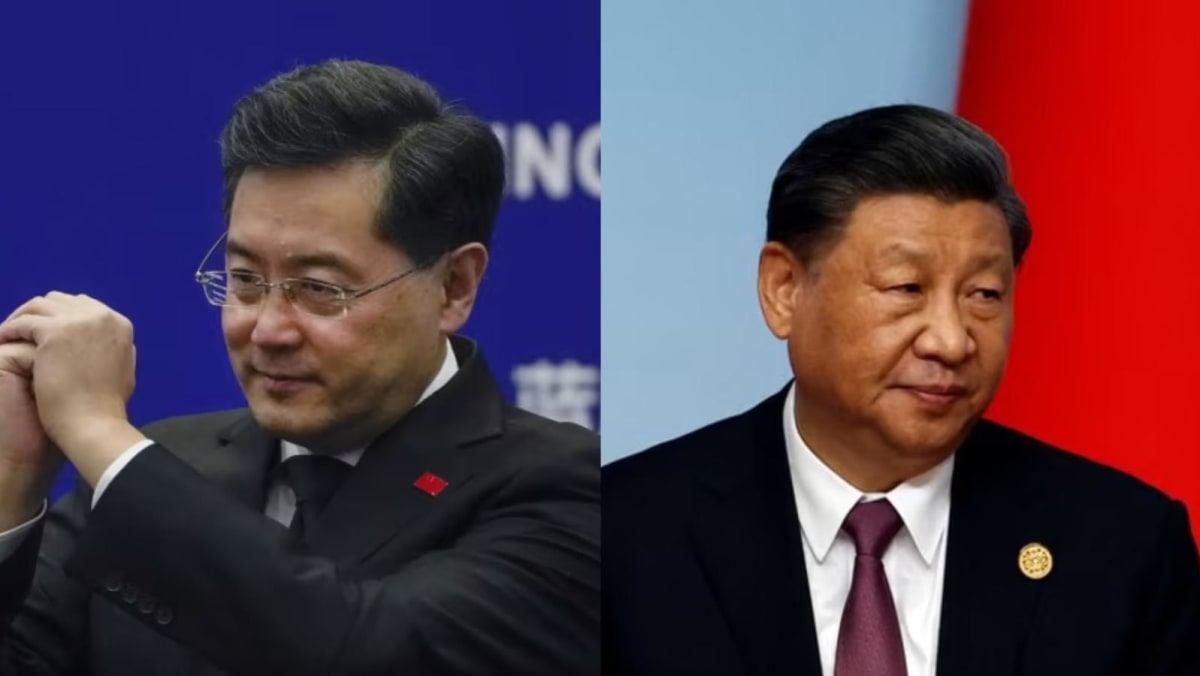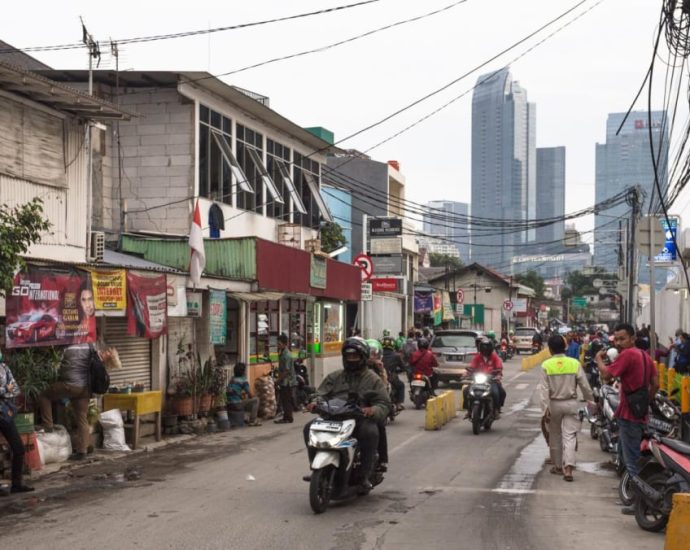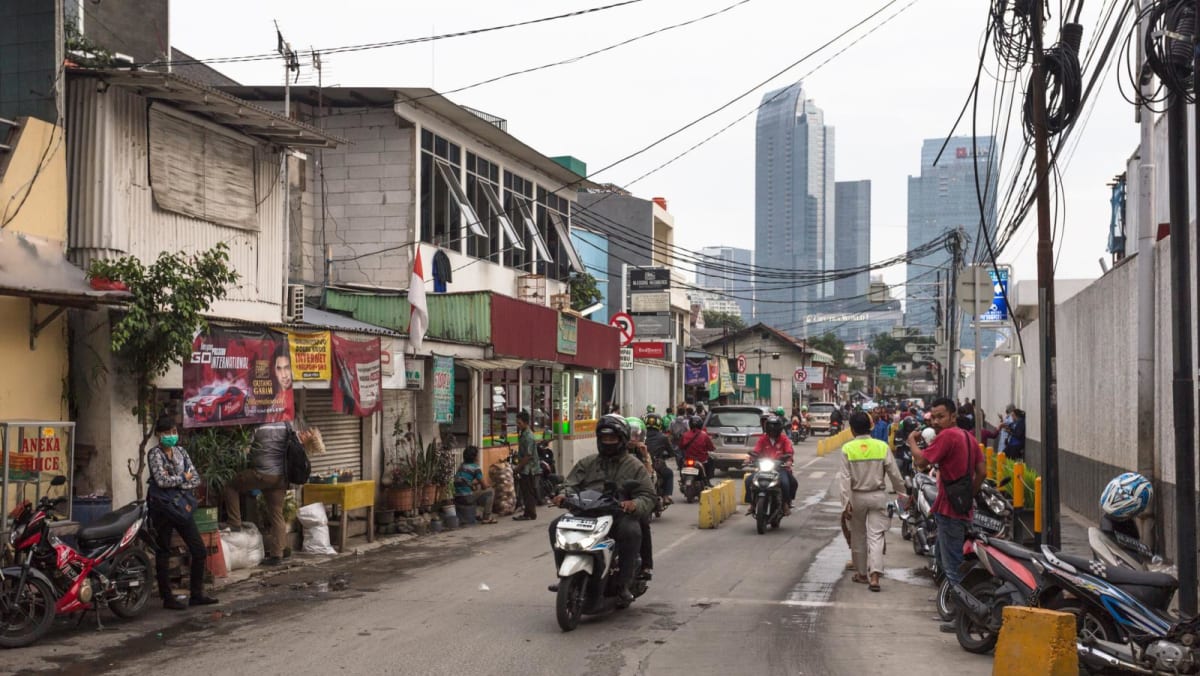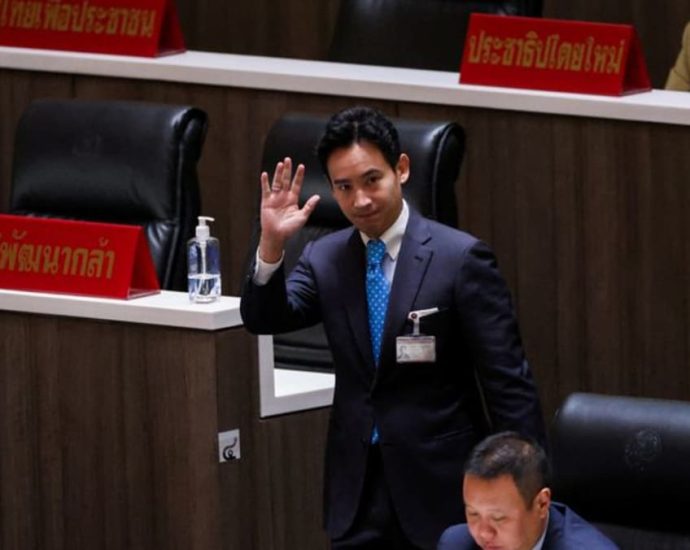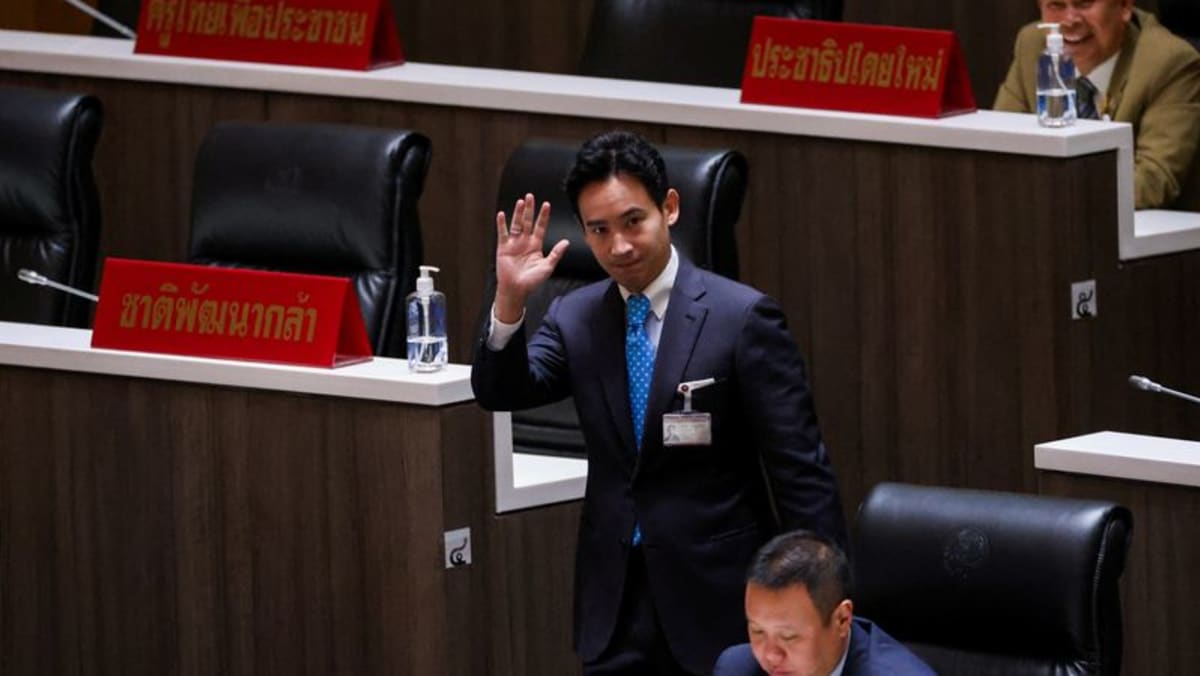Commentary: Cambodiaâs next leader Hun Manet presents a new era for the countryâs global relations

His exposure to different ideas and approaches is likely to play a role in shaping his leadership style in both domestic and international political landscapes.
The relationship between Cambodia and the US has been tense due to the US’ interference in Cambodia’s democracy and human rights issues.
After the election, the US derided the polls as “neither free nor fair” and announced visa bans on individuals it said had undermined democracy. It also paused several foreign assistance programmes in Cambodia.
“As the ruling Cambodian People’s Party forms a new government, authorities have an opportunity to improve the country’s international standing, including by restoring genuine multi-party democracy, ending politically motivated trials, reversing convictions of government critics, and allowing independent media outlets to reopen and function without interference,” US State Department spokesman Matthew Miller said.
China, Cambodia’s key partner country, on the other hand congratulated Hun Sen on his victory.
“China and Cambodia belong to one community with a shared future,” said Chinese President Xi Jinping in his congratulatory letter.
Although the Cambodia-China relationship is expected to remain core to the nation’s foreign policy, under Hun Manet’s administration, a robust implementation of hedging and diversification strategies is expected.

